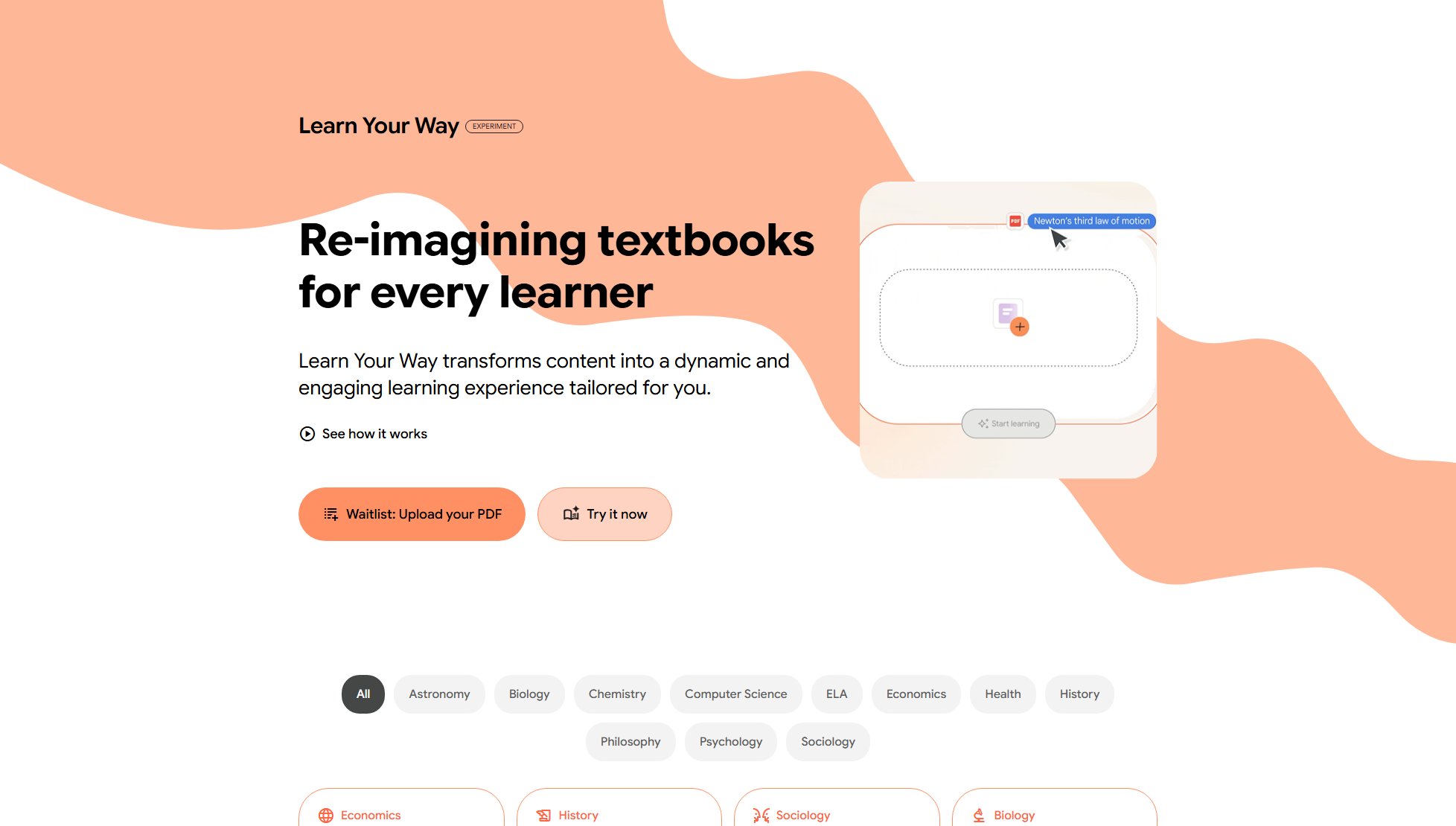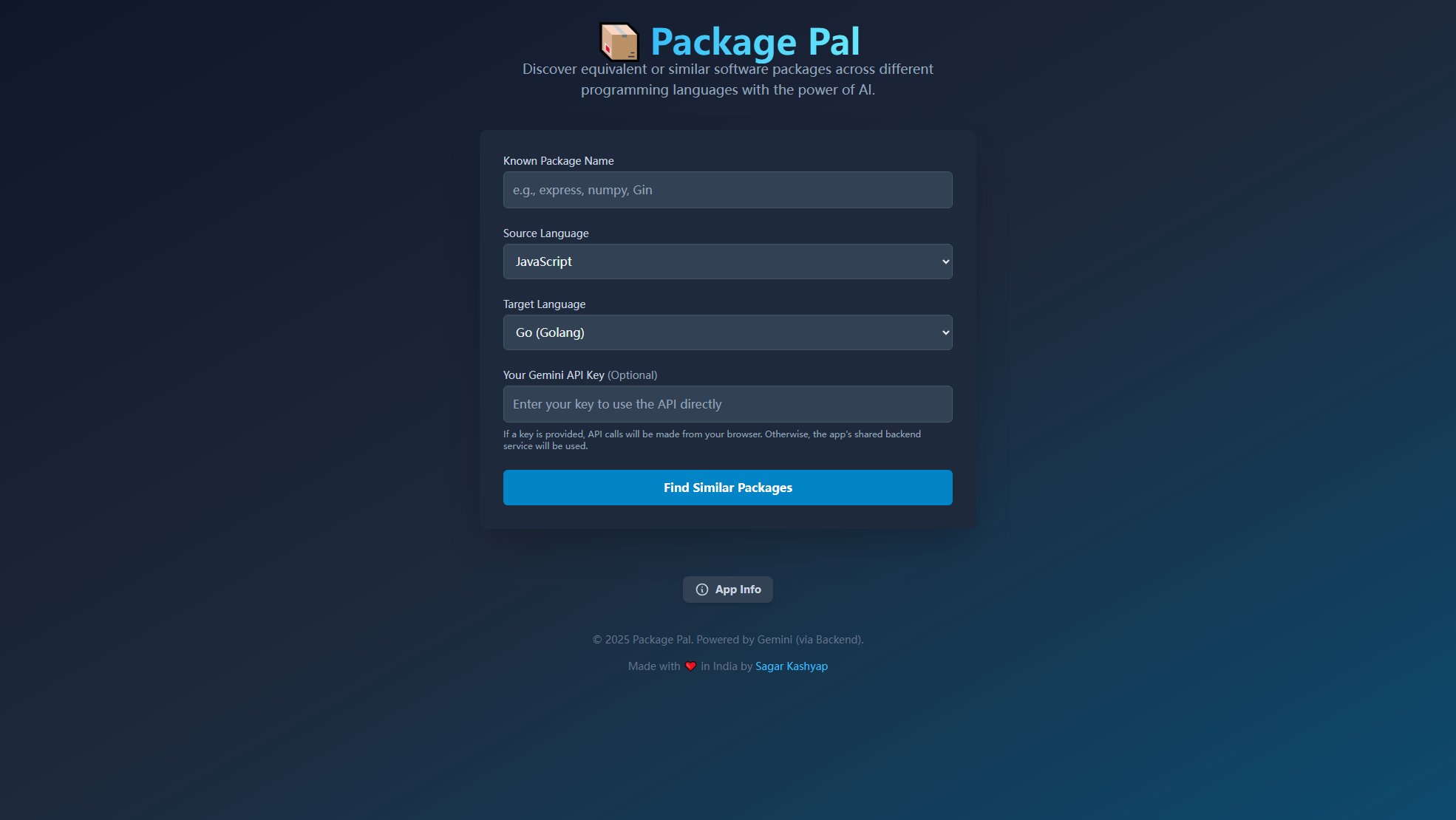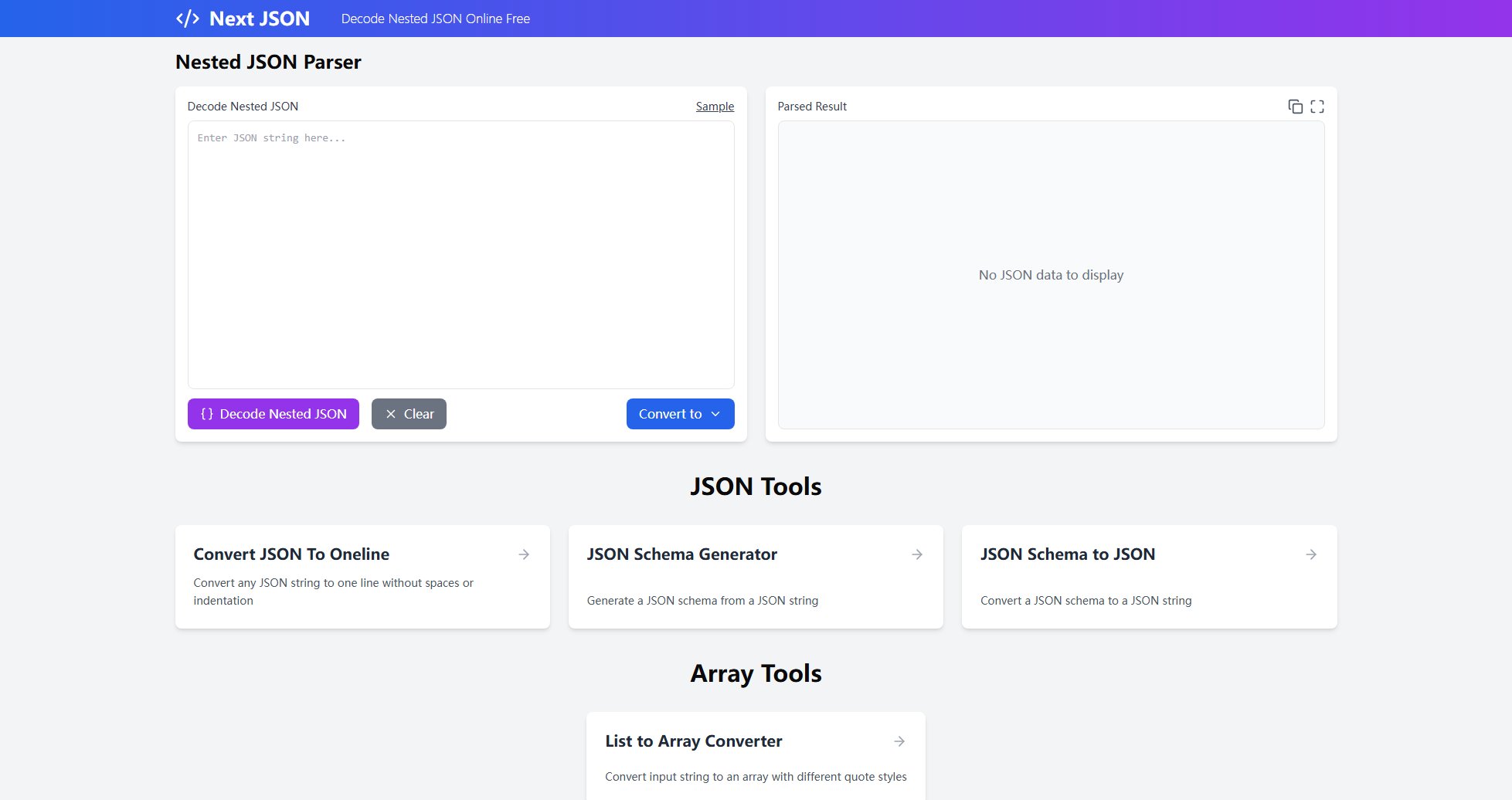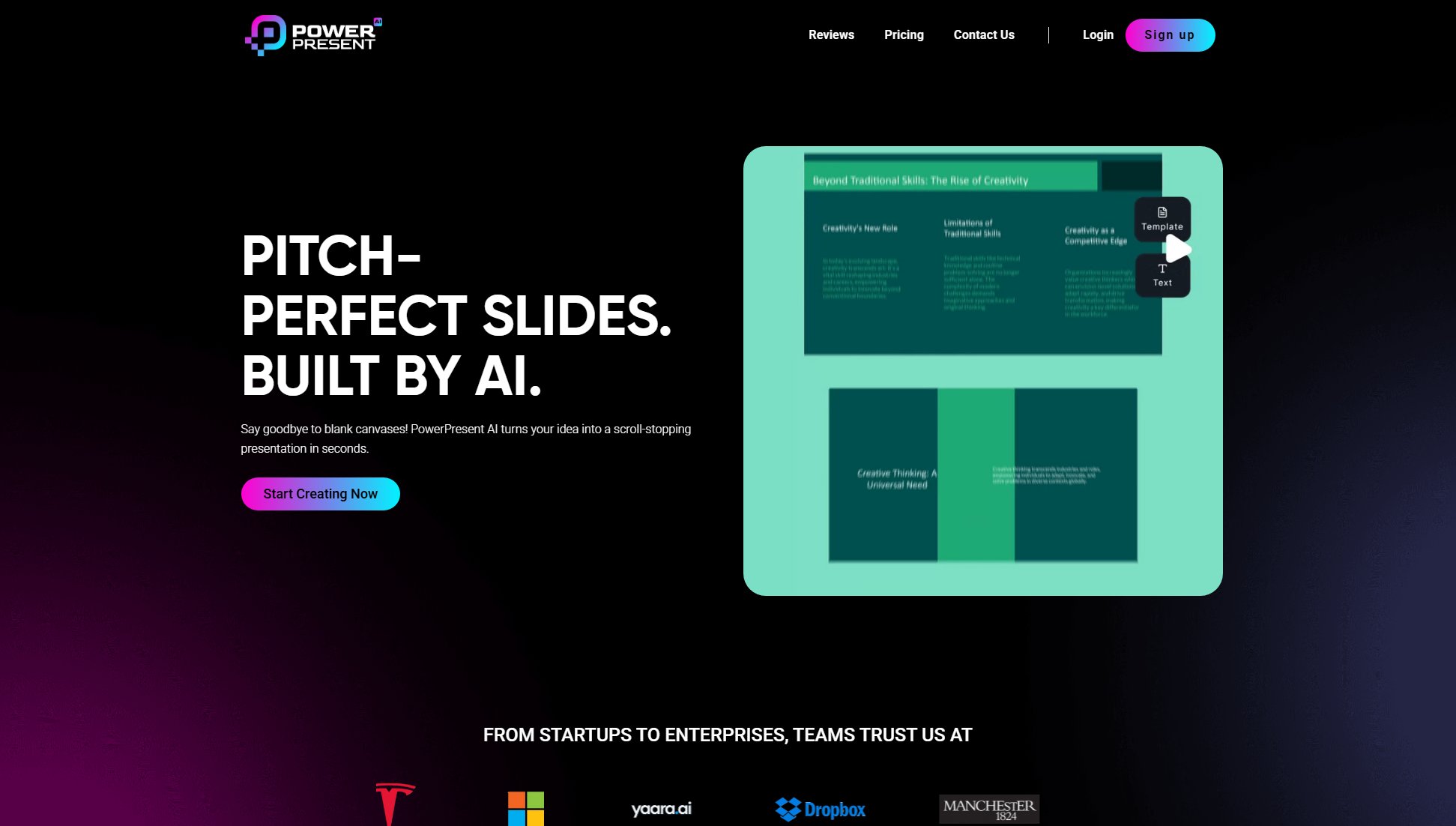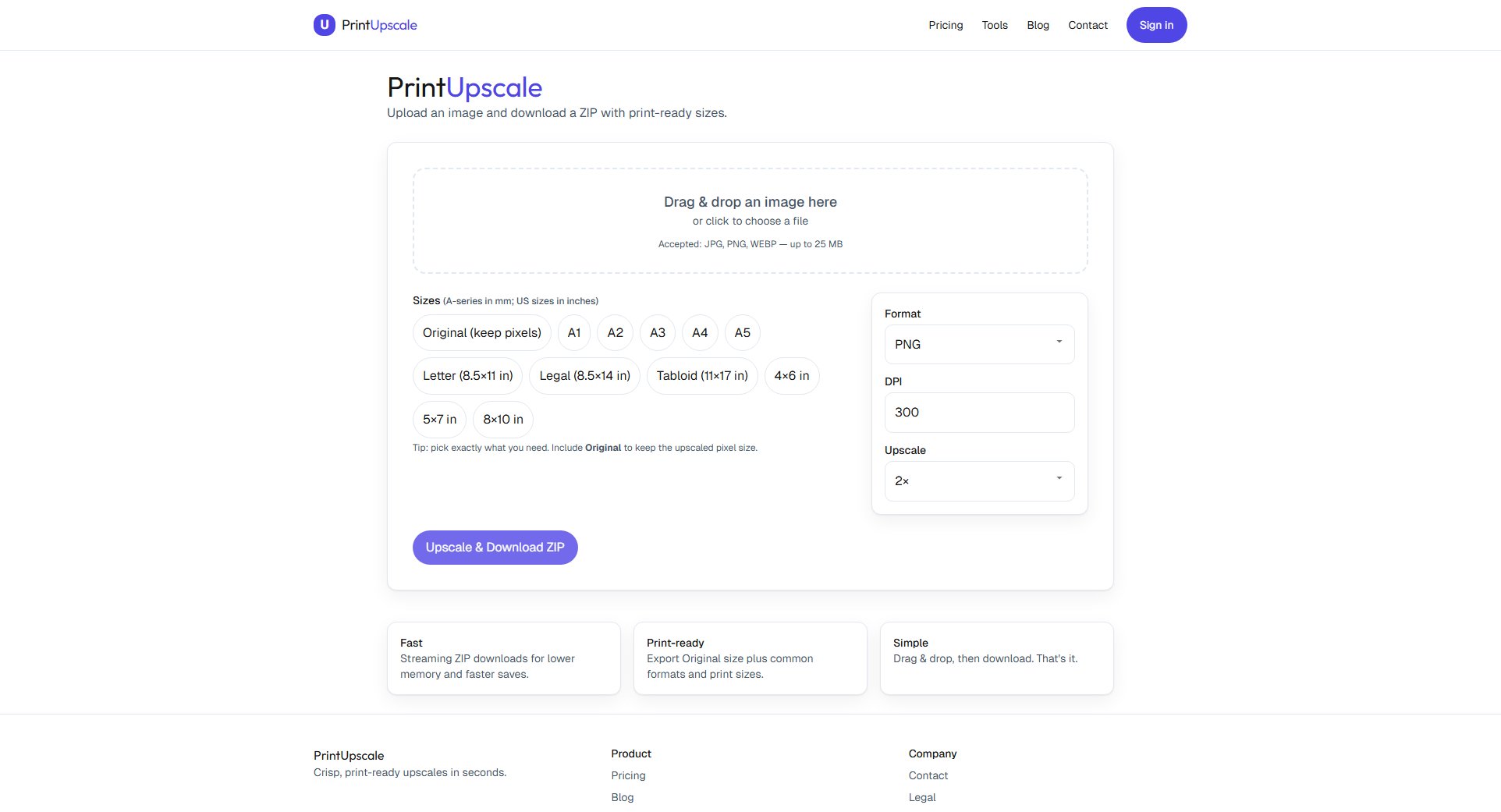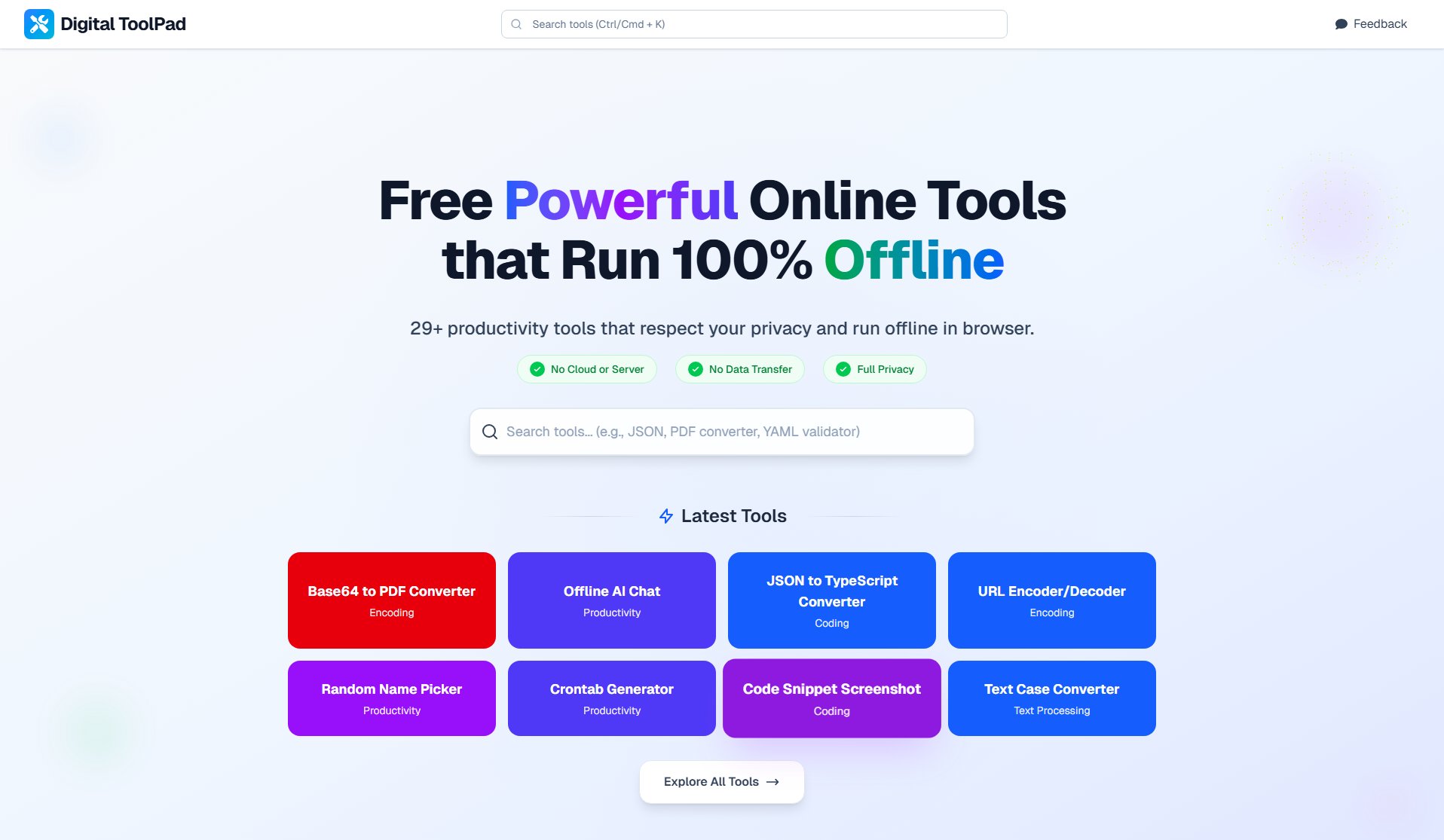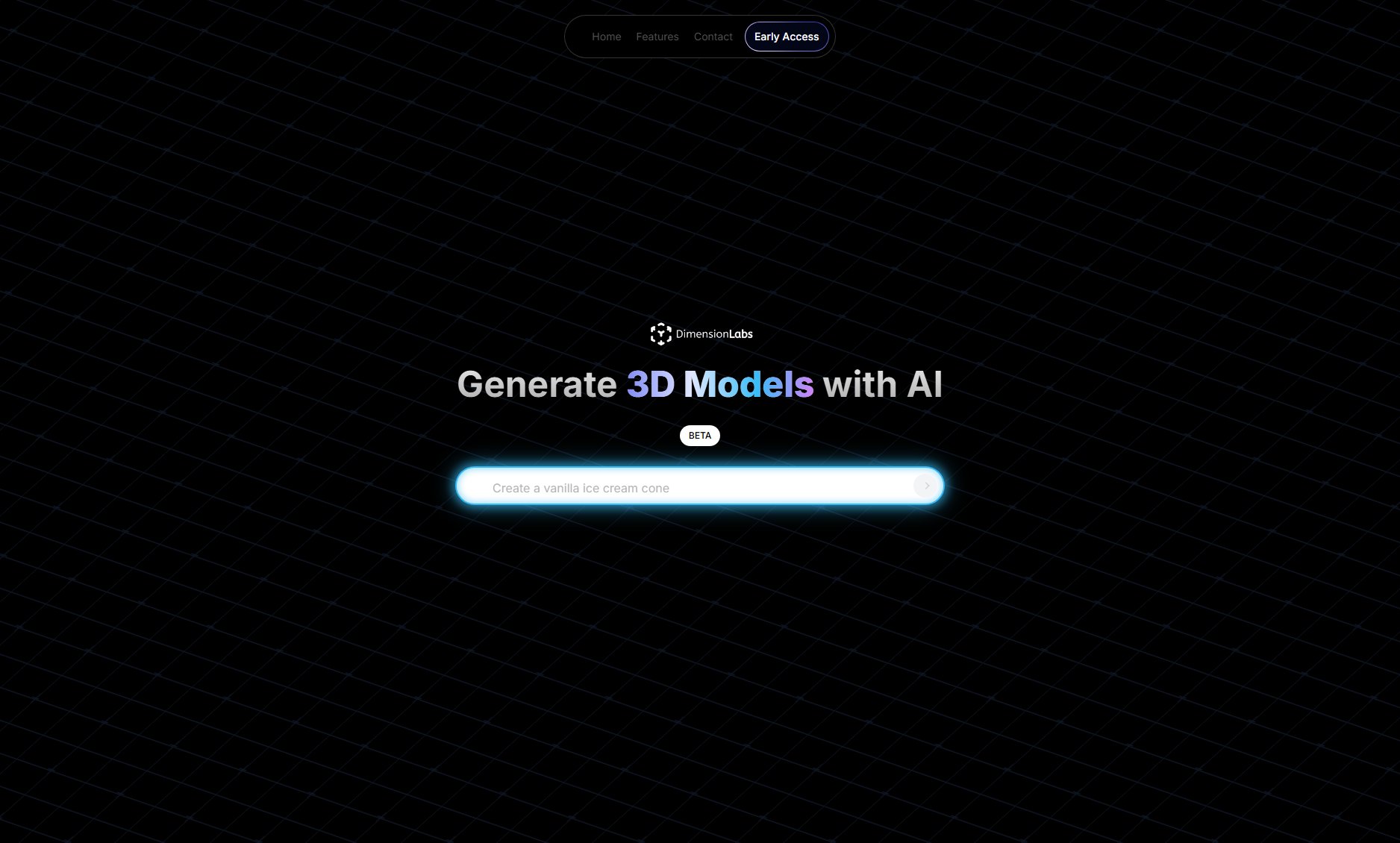AUDITA
Automated Solidity & Rust security analysis for smart contracts
What is AUDITA? Complete Overview
AUDITA is a cutting-edge platform offering free smart contract audits for Solidity and Rust-based contracts. It combines professional-grade static analysis tools with advanced AI (GPT-4o) to detect critical vulnerabilities in blockchain applications. The platform serves developers, security auditors, and blockchain projects looking to enhance their smart contract security before deployment. AUDITA addresses key pain points in smart contract development by identifying reentrancy vulnerabilities, access control issues, financial exploits, and other common attack vectors that could lead to significant financial losses.
AUDITA Interface & Screenshots
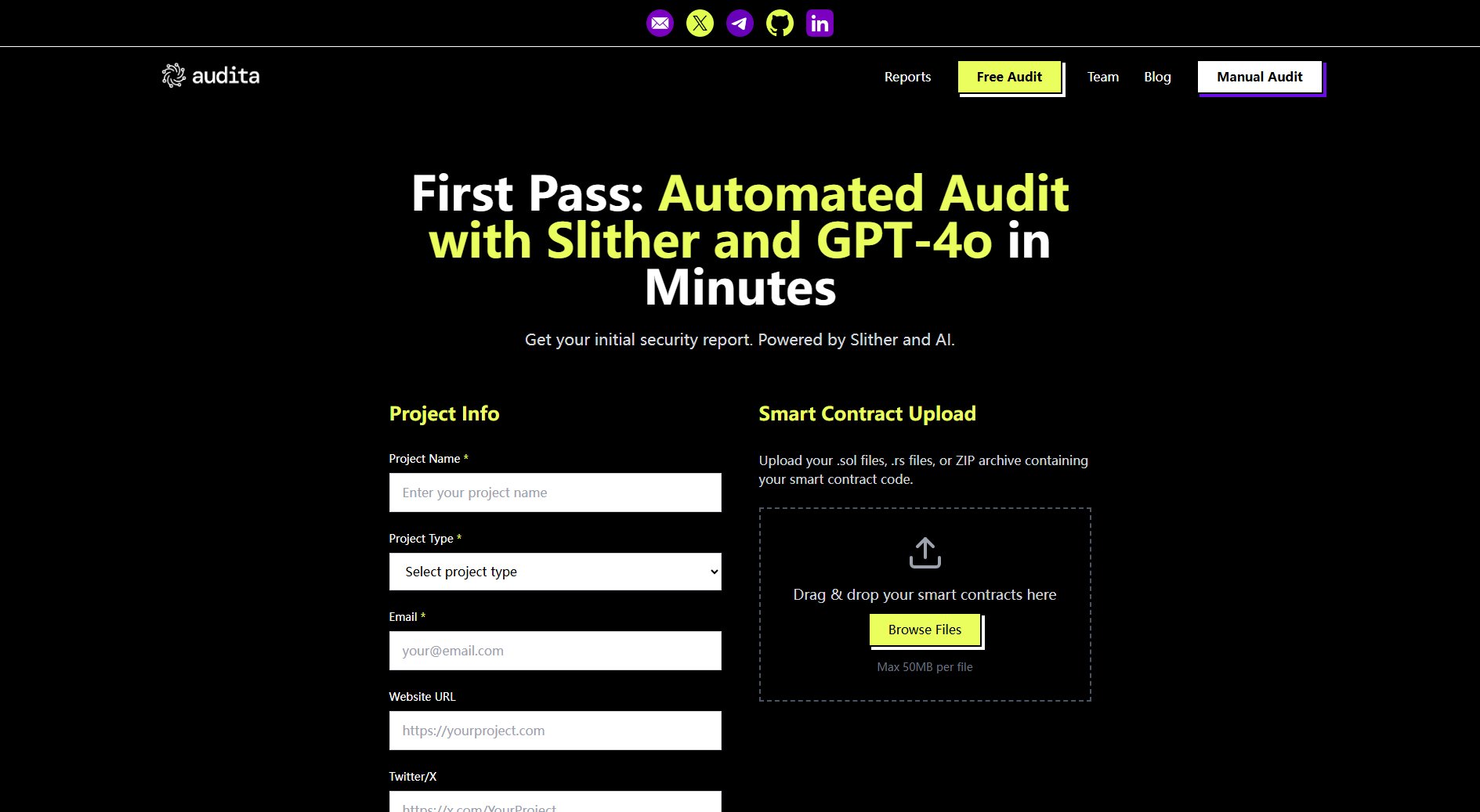
AUDITA Official screenshot of the tool interface
What Can AUDITA Do? Key Features
Professional-Grade Solidity Analysis
Utilizes industry-standard Slither static analysis combined with GPT-4o AI to detect 10+ vulnerability types including reentrancy attacks, price manipulation, and complex DeFi attack vectors. Provides enhanced explanations and actionable recommendations.
Rust Smart Contract Analysis (Beta)
AI-powered detection for Rust contracts identifying basic logic errors, memory safety concerns, and common pattern misuse. Currently in beta with some limitations but valuable for preliminary security checks.
Comprehensive Vulnerability Detection
Identifies critical issues including integer overflow/underflow, unprotected upgrades, gas optimization problems, and honeypot patterns that could compromise contract security or functionality.
AI-Enhanced Explanations
GPT-4o provides detailed explanations of detected vulnerabilities with context-specific recommendations, helping developers understand and fix issues more effectively than traditional static analysis alone.
Best AUDITA Use Cases & Applications
Pre-Deployment Security Check
Blockchain developers use AUDITA to thoroughly vet smart contracts before mainnet deployment, catching critical vulnerabilities that could lead to exploits and financial losses.
DeFi Protocol Audit
DeFi projects leverage AUDITA's specialized detection of complex financial attack vectors like flash loan exploits and price manipulation to secure their protocols against sophisticated attacks.
Educational Tool for Developers
New smart contract developers use AUDITA to learn about security best practices through the AI-generated explanations of vulnerabilities found in their code.
How to Use AUDITA: Step-by-Step Guide
Navigate to the AUDITA platform at app.audita.io and select whether you want to audit a Solidity or Rust smart contract.
Upload your contract code or connect your repository containing the smart contract files you want analyzed.
Configure your audit preferences if needed (e.g., specific vulnerability types to focus on or ignore).
Initiate the audit process. The system will first run static analysis (for Solidity) or AI analysis (for Rust), then enhance results with GPT-4o.
Review the comprehensive audit report containing identified vulnerabilities, severity ratings, and AI-generated recommendations for fixes.
AUDITA Pros and Cons: Honest Review
Pros
Considerations
Is AUDITA Worth It? FAQ & Reviews
Yes, AUDITA currently offers all its smart contract auditing capabilities completely free of charge, including both Solidity and Rust analysis.
Rust analysis is in beta and has higher false positive rates as it relies solely on AI detection without static analysis tools. Manual verification is strongly recommended for Rust contracts.
AUDITA can detect 10+ vulnerability types including reentrancy attacks, access control issues, integer overflows, price manipulation, flash loan vulnerabilities, and complex DeFi attack vectors.
AUDITA combines industry-standard static analysis with advanced AI (GPT-4o) to provide not just vulnerability detection but also enhanced explanations and actionable recommendations.
Yes, AUDITA can be used to audit commercial smart contracts. However, for mission-critical projects, consider following up with a manual audit for comprehensive verification.
